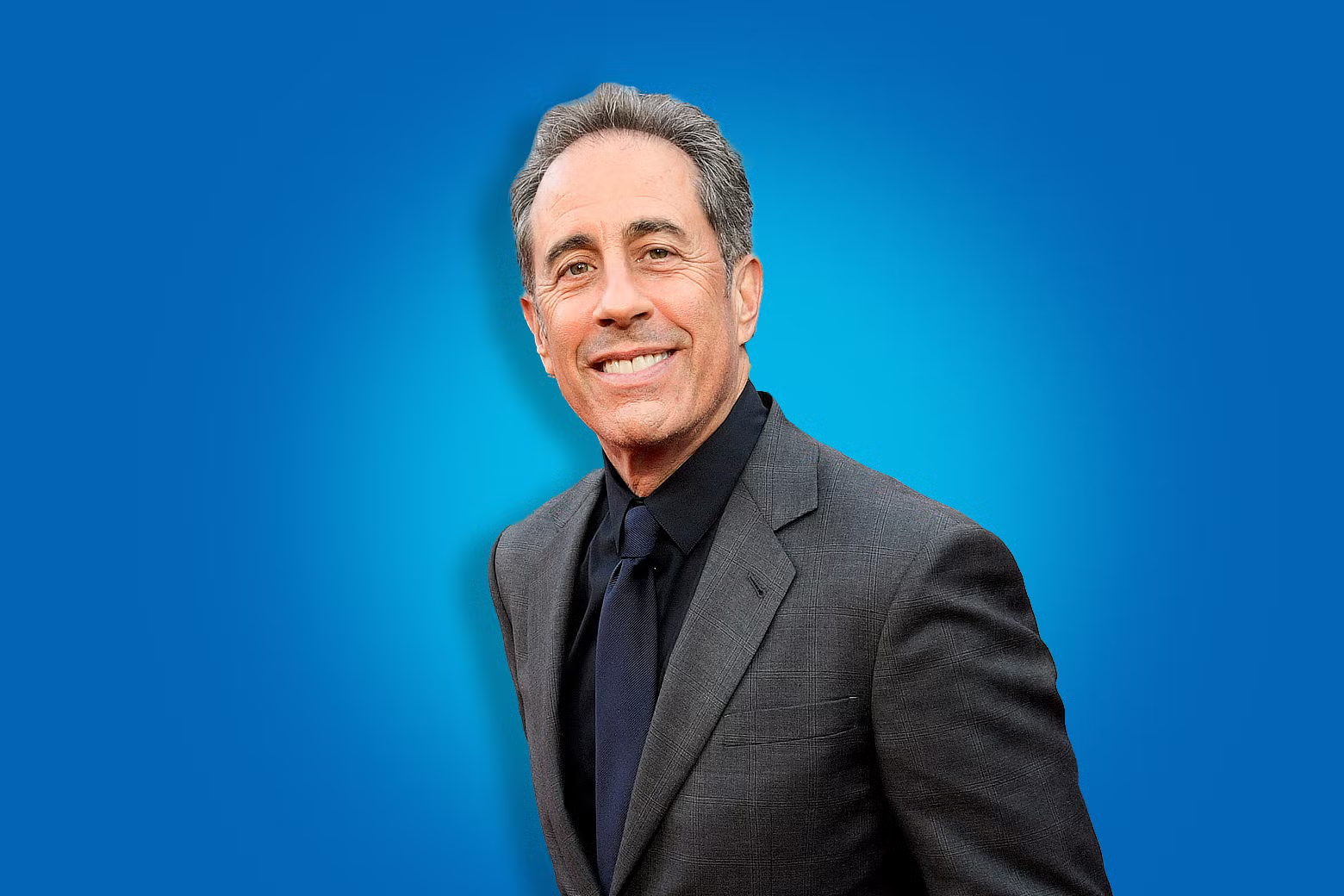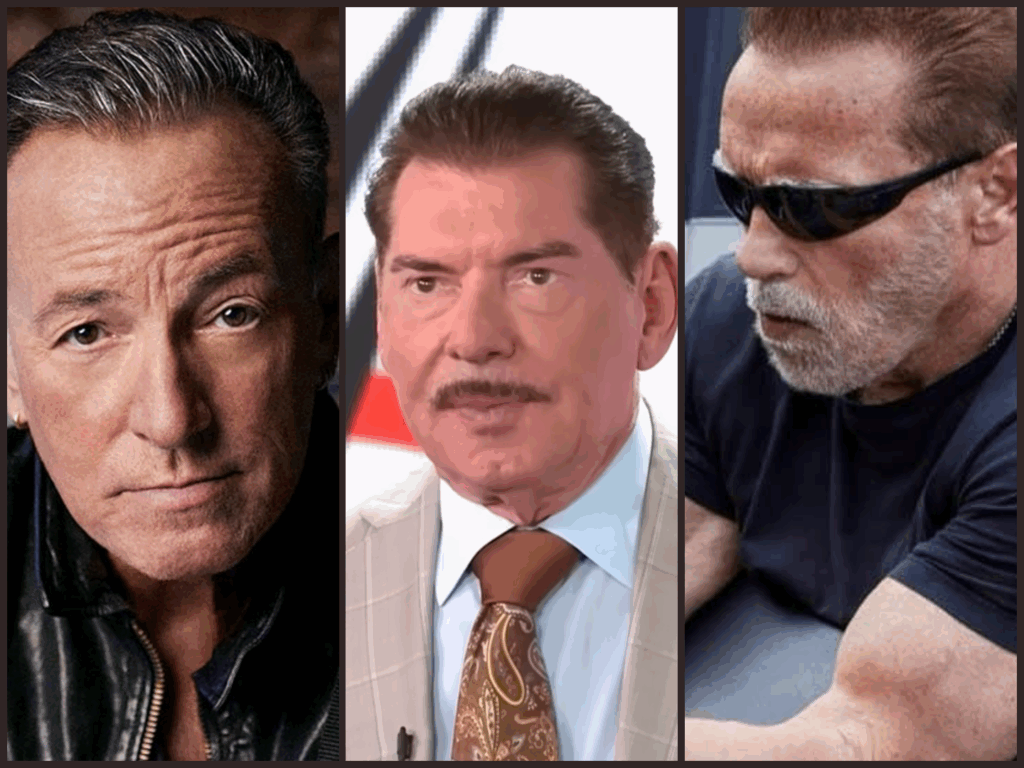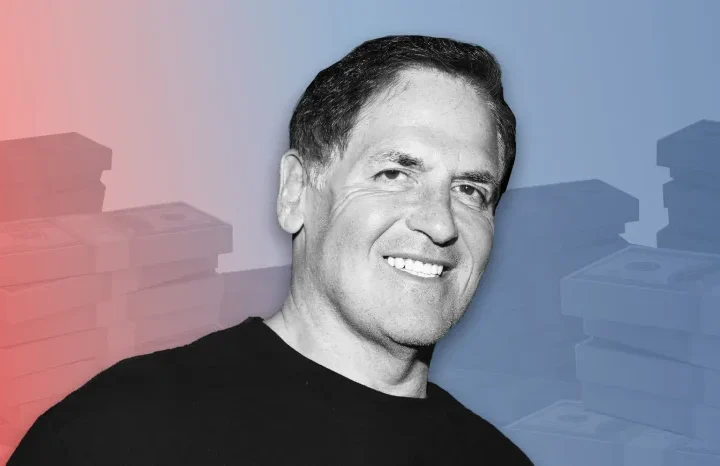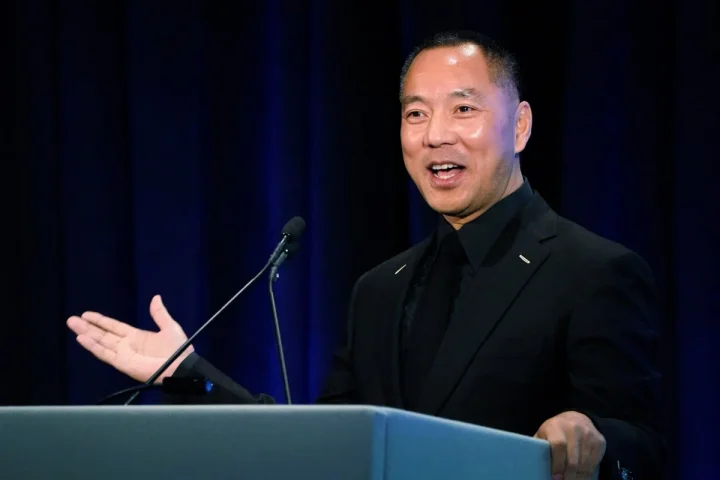Jerry Seinfeld’s journey to billionaire status is not just the story of a comedian who made it big—it’s the story of how humor, timing, and a keen sense of business can build a fortune. In 2025, Forbes officially added Seinfeld to its billionaire list, cementing his place not just in comedy history but also in financial history. For decades, Seinfeld has been synonymous with observational humor, but what many fans overlook is the meticulous way he has managed his career, his brand, and his investments.
The foundation of Seinfeld’s wealth, of course, lies in the television show that bears his name. The sitcom “Seinfeld,” co-created with Larry David, is often described as one of the greatest and most profitable shows of all time. Running for nine seasons in the 1990s, the series redefined comedy on television, turning ordinary situations into laugh-out-loud brilliance. When the show ended in 1998, many thought Seinfeld’s career had reached its peak. Instead, it was just the beginning of a business empire.
Syndication deals made Seinfeld one of the most profitable shows in history. Networks and streaming platforms paid billions over the years to keep “Seinfeld” available for audiences around the world. Each renewal sent massive checks to both Seinfeld and David. Even in the 2020s, long after its final episode, “Seinfeld” was still bringing in new viewers on platforms like Netflix, proving the show’s timeless appeal.

But Jerry Seinfeld’s fortune does not rest on royalties alone. He made smart moves by continuing to tour as a stand-up comedian, selling out arenas globally. His tours consistently rank among the highest-earning comedy events each year. Beyond live shows, his web series “Comedians in Cars Getting Coffee” added another layer of income and reinforced his relevance with younger audiences.
Investments also played a role. Seinfeld has poured money into real estate, with high-value properties in New York and elsewhere. Cars, one of his personal passions, became a way to both invest and showcase his personality. His vast collection of rare automobiles is not just a hobby—it’s a portfolio of appreciating assets.
Seinfeld’s careful financial decisions reveal something deeper about his character. He never chased trends or jumped into flashy ventures. Instead, he stuck to what he knew: comedy, creativity, and classic investments. This steady, measured approach shielded him from the financial pitfalls that have derailed other entertainers.
Becoming a billionaire marks a new chapter in Seinfeld’s legacy. To his fans, he is still the same guy pointing out life’s oddities with sharp wit. But to the business world, he is now an example of how intellectual property, wisely managed, can build generational wealth. His story is a reminder that sometimes laughter is not only the best medicine—it’s also the best business strategy.















